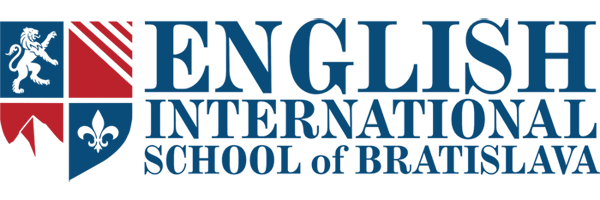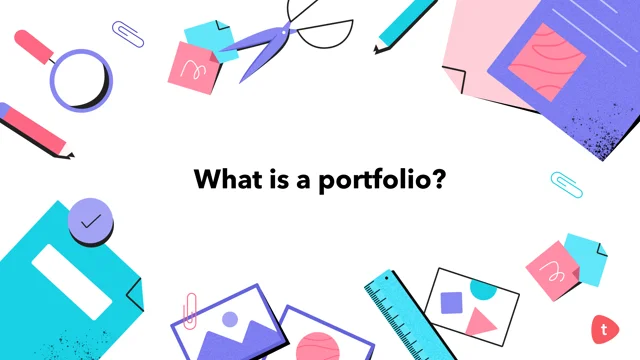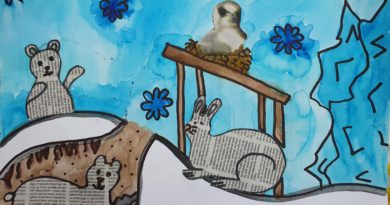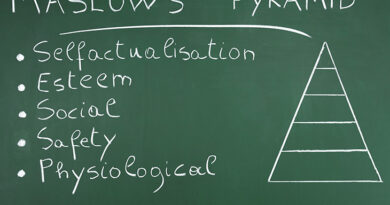What is the DP’s Learner Portfolio?
Embarking on the journey of creating a learner portfolio in the DP program’s English A: Language and Literature might seem like a boring requirement, but let’s reframe it—it’s a way for students to organize and collect their work, thoughts, and document their progress through this program. Your learner portfolio is not just a box to tick; it’s a mad lab, a space for your thoughts to run wild and your creativity to take flight.
What’s the Hubbub About?
Why have a learner portfolio? Well, because it’s fun! It’s a joy, an outlet for your thoughts, and yes, it’s an IB requirement. But beyond that, it’s a canvas for you to dive into your writing, express your ideas uniquely, and showcase your interests and passions. It is a place where students in English A: Language and Literature may keep a collection of the ideas, drafts, work, and feedback from throughout their career in the DP program.
What Exactly is it?
Picture it as a mad scientist’s lab—a bit messy, definitely experimental. More practically, it can be a blank art sketchbook, a Padlet, an Adobe Spark page, a website, a Google Drive folder, or something else entirely. It’s your personal space to gather examples of your writing and others’, a realm to explore ideas, styles, and themes that align with your interests. While the learner portfolio is required for the DP program, how you complete it is up to you.
Getting Your Hands Dirty
How to start? Read, be curious about the world, and organize your thoughts. Focus on the process rather than fixating solely on the final products. It’s about contributing regularly, adding tidbits of thoughts and ideas twice a month, and a more comprehensive piece once a month.
Guidelines for the Creative Chaos
- Observe the world, collect ideas, and collate a range of perspectives.
- Experiment, challenge yourself, and create compelling written work.
- Understand the writer’s craft, your own and others’.
- Manipulate elements of various genres.
- Use the portfolio to develop your internal and external assessment components.
- Connect to areas of exploration, concepts, and global issues when relevant.
- Keep track of your learning and progress.
- Be independent in your exploration.
Inspiration for your learner portfolio can be found in the richness of Lin-Manuel Miranda’s “Hamilton: The Revolution.” Think of it as a guide to infuse your creativity into every piece.
Course Connections
Don’t forget to intertwine your portfolio with the course’s key elements:
- Areas of Exploration
- Concepts
- Global Issues
- Assessment Components
Unleash Your Creative Arsenal
Wondering what to create, collect, analyze, and include in your learner portfolio? Here’s a list to spark your imagination:
- Schemes for world domination
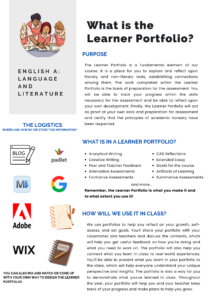
- Ransom notes
- Letters
- Screenplays/dialogue
- Short stories
- Cards (birthday, holiday)
- Quotations
- Comics
- Opinion column
- Sports match reports
- Pastiches
- Advertisements
- Photographs
- Flash and fan fiction
- Songs
- Confession
- Sports writing
- Manifestoes
- Conversations you’ve overheard
- Any many more options!
Remember, anything is possible in your learner portfolio. It’s your space to let your creativity run wild!
